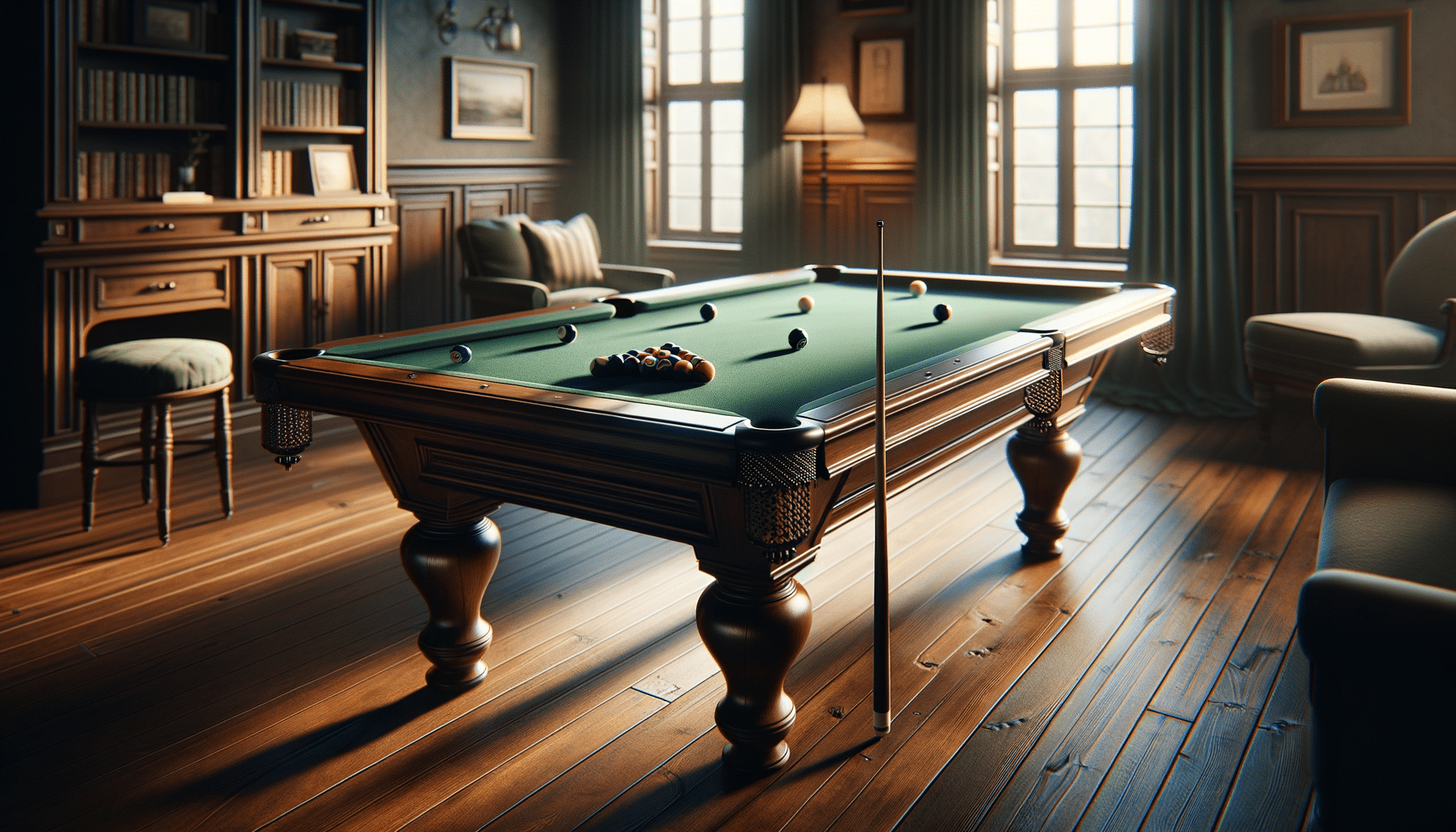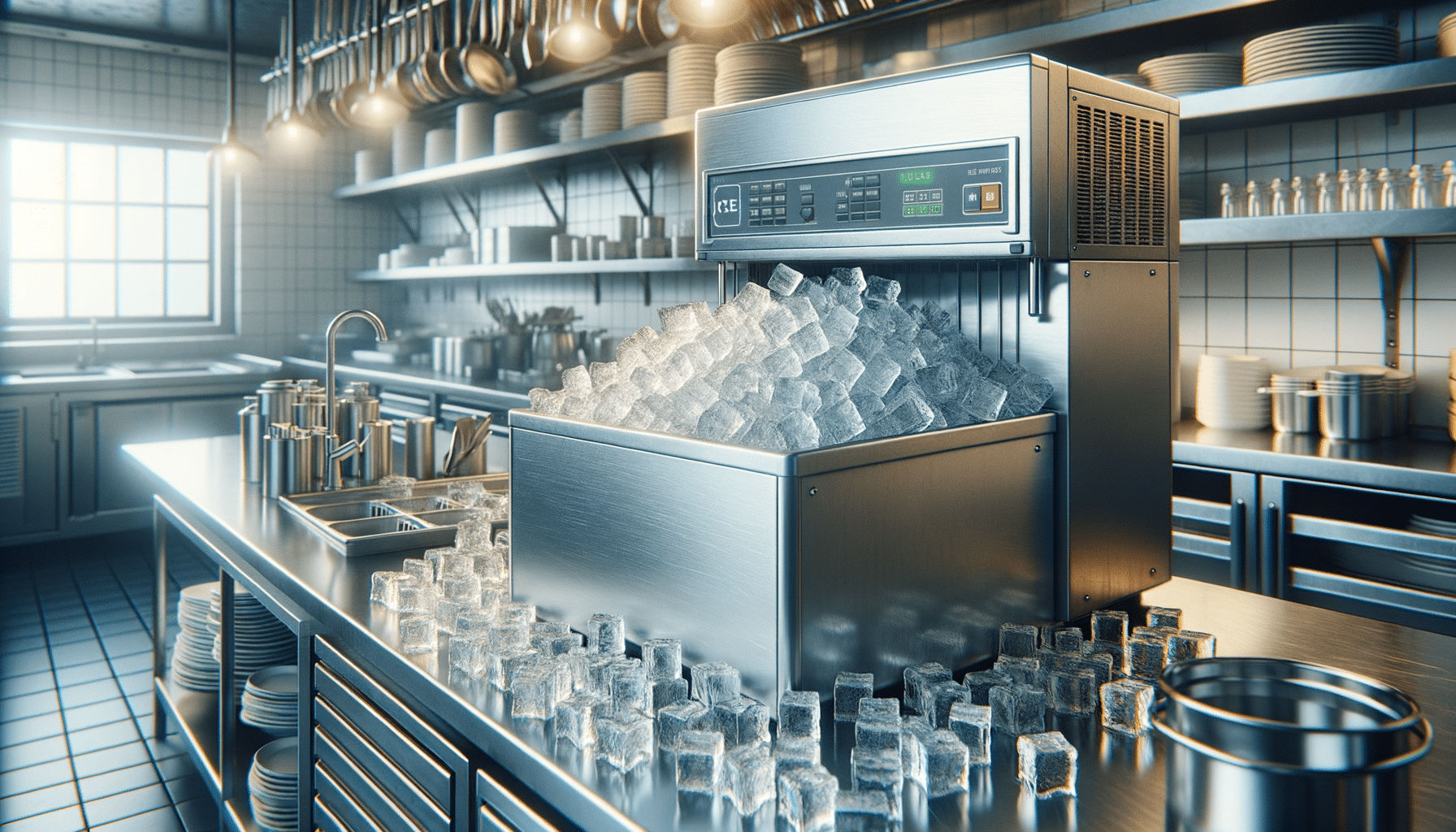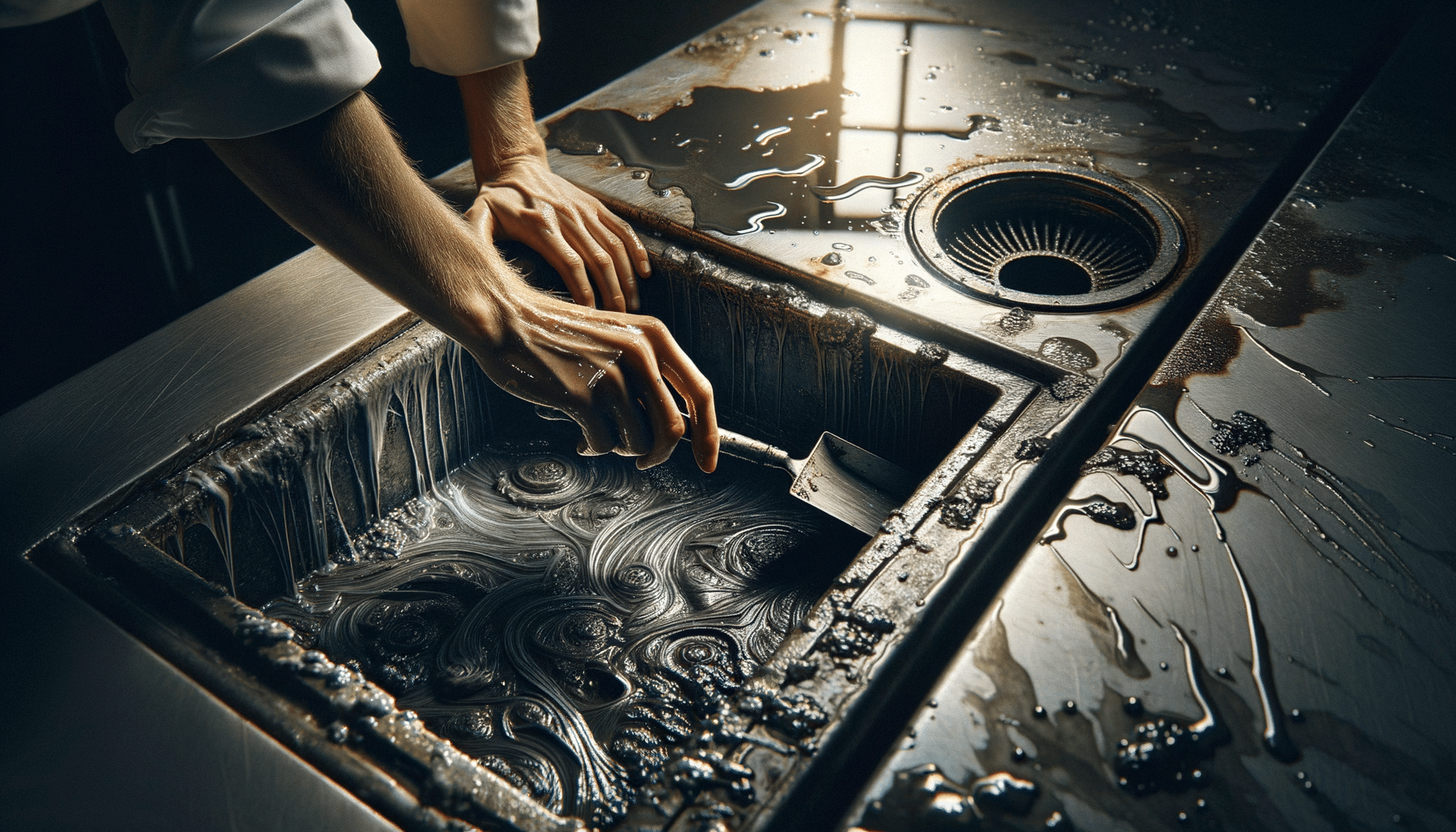
Full Guide: Pool Tables, Learn More Today
Introduction to Pool Tables
Pool tables have long been a staple in recreational spaces, offering a perfect blend of challenge and entertainment. They are not just pieces of furniture, but rather a central element of social interaction and skillful play. Whether you are a casual player or a competitive enthusiast, understanding the nuances of pool tables can enhance your experience and appreciation for the game.
Choosing the Right Pool Table
When selecting a pool table, several factors come into play. The size of the table is crucial; standard sizes range from 7 to 9 feet, with each offering a different playing experience. A larger table provides more challenging gameplay, requiring greater precision and skill. Material quality is another important consideration. A slate bed, for example, offers a smooth and consistent surface, which is highly regarded among players for its durability and performance.
Additionally, the design and aesthetics of the table should complement the room it will occupy. From traditional wooden finishes to modern metallic designs, a pool table can enhance the visual appeal of a space while serving its primary function. Consider these aspects carefully to ensure that the table meets both your practical and aesthetic needs.
Maintaining Your Pool Table
Proper maintenance of a pool table is essential for preserving its condition and ensuring optimal gameplay. Regular cleaning of the felt surface is necessary to remove dust and chalk residue, which can affect the ball’s roll. Vacuuming the surface gently and brushing it in one direction can help maintain its integrity.
Moreover, it is important to check the table’s level regularly. An unlevel table can skew the game, making it frustrating for players. Adjusting the legs or using shims can rectify this issue. Protecting the table from direct sunlight and excessive moisture will prevent warping and fading, ensuring that your investment lasts for years to come.
Understanding Pool Table Accessories
The right accessories can significantly enhance your pool playing experience. Cue sticks, for instance, come in various weights and lengths. Choosing a cue that feels balanced and comfortable in your hand can improve your performance. Cue tips also play a vital role; softer tips provide more spin, while harder tips offer greater control.
Other essential accessories include chalk, which helps maintain the grip between the cue tip and the ball, and a quality rack to organize the balls before each game. Investing in durable, high-quality accessories can make a noticeable difference in gameplay and enjoyment.
The Social Aspect of Pool Tables
Pool tables are more than just gaming equipment; they are social hubs that bring people together. Whether in a home game room or a local pub, they provide a space for friendly competition and camaraderie. Pool can be a great icebreaker, facilitating conversations and interactions among friends and strangers alike.
Hosting pool tournaments or casual game nights can transform a simple gathering into a memorable event. The game’s universal appeal and easy-to-learn rules make it accessible to people of all ages and skill levels, fostering a sense of community and shared enjoyment.
Conclusion
Whether you are investing in a pool table for home entertainment or exploring its competitive aspects, understanding its features and maintenance requirements can greatly enhance your experience. From choosing the right table and accessories to enjoying the social benefits it offers, pool tables are a worthwhile addition to any recreational space. Embrace the joy of the game and the connections it fosters, making every game a memorable one.


